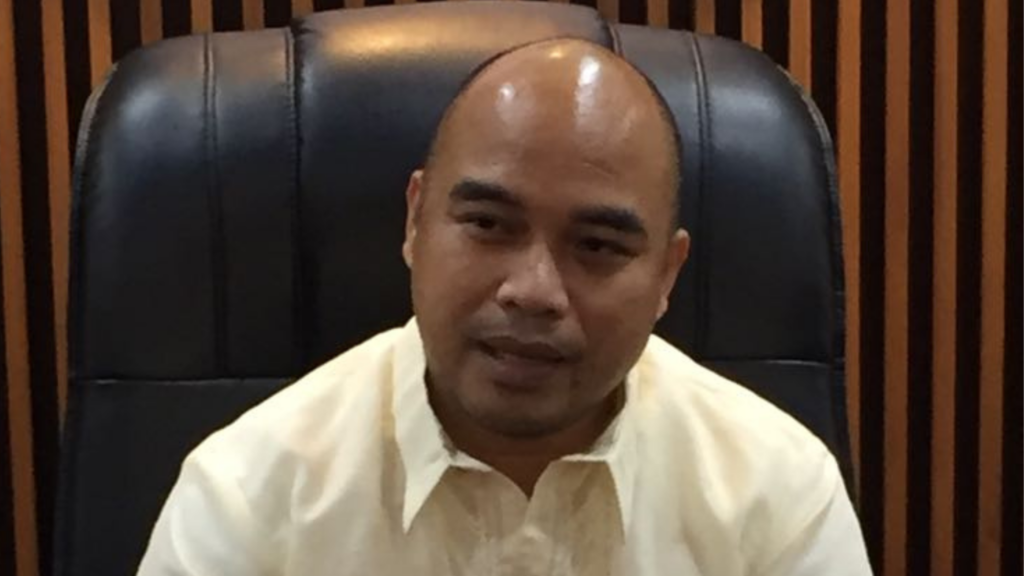Understanding TB: ‘There’s no such thing as a normal cough’

CDN Digital File Photo (2024)
CEBU CITY, Philippines – There is no such thing as a normal cough.
The Department of Health (DOH) Central Visayas is urging the public to understand that there is no “normal cough.”
Persistent coughing should prompt immediate medical attention, as it could signify various health issues, including tuberculosis (TB).
READ MORE:
DOH raises alert on rise in tuberculosis cases: It’s ‘higher than in 2022’
4Ps supervisors undergo simulation on TB awareness training in Mandaue
What is Tuberculosis or TB
Tuberculosis, commonly known as TB, is a contagious bacterial infection caused by mycobacterium tuberculosis. It primarily affects the lungs but can also impact other organs.
Dr. Ronald Jarvik Buscato, a medical officer IV at the DOH Central Visayas Center of Health Development, explained that untreated TB can have fatal consequences.
Understanding TB: Cardinal signs of tuberculosis
However, with appropriate medical intervention, typically involving a course of antibiotics over several months, TB is curable. Early detection and treatment are crucial in containing the disease and minimizing its impact on public health.
Dr. Buscato explained that the highest number of tuberculosis cases occurs between early adulthood and middle adulthood, specifically from 18 to 50 years old.
He mentioned that certain signs, or what he termed the four cardinal signs of TB, including unexplained weight loss, fever, night sweats, and cough for two weeks, are crucial to identify first.
“Two weeks of unexplained cough, fever, weight loss, and night sweats that are not, of course, attributed to other causes, that’s very important,” he clarified.
Dr. Buscato explained that tuberculosis spreads through droplets, which are larger than airborne particles. Close contact in confined spaces can lead to bacteria becoming airborne, posing risks to both patients and healthy individuals, especially with prolonged exposure.
36,758 cases TB cases in CV
In 2023 alone, there were 36,758 total notified cases of all forms of TB reported in Central Visayas. Among these, Cebu had 11,943 cases, Cebu City had 7,850 cases, Lapu-Lapu City had 3,163 cases, and Mandaue City had 2,463 cases.
Dr. Buscato said that the recorded number of cases includes those clinically diagnosed or confirmed bacteriologically as positive for TB.
The treatment success rate is around 86 percent, which indicates the percentage of patients who completed their treatment and were effectively cured.
Out of the 36,758 TB cases, Dr. Buscato said that a total of 24,749 individuals were cured and completed their treatment, accounting for an 86 percent success rate.
He further explained that while most regions report high numbers of TB cases, the majority are concentrated in densely populated urban areas.
“We are relatively happy because we are detecting these people. We know that these people exist in the community. However, we are also concerned about the case notification rate because there might be cases in the community that we are not treating, and we have been providing TB services for all Filipinos since the program started, free of charge, from diagnosis to treatment,” he said.
READ MORE:
Pertussis or whooping cough in Mandaue: 5 cases, 2 deaths
What is pertussis (whooping cough)?
Free medical treatment for TB
Dr. Buscato expressed his confusion regarding why some individuals still refuse to undergo check-ups and treatment, despite the DOH offering free medical services and TB treatment.
The cost of TB treatment ranges from P24,000 to P36,000 per patient, which is fully covered by the government.
“Actually, the problem is education, especially among uneducated people. We have to reach out to them on how TB treatment works,” said Dr. James Bernadas, DOH-7 Regional Director.
“If you look at the treatment success rate of 86 percent, where is the remaining 14 percent? If we lose the 14 percent, they will eventually get sick again, or worse, develop drug resistance,” he added.
Dr. Bernadas noted that if one case would be identified within a family, it would be highly probable that all members should receive treatment due to their shared living environment, including sharing a bed.
He also mentioned that it would be important to evaluate and treat other family members upon identifying one case.
“If people submit to treatment, we see them as cases and we can treat them directly,” he said.
Daily medication for 6 months
Meanwhile, with regard to treatment, Dr. Buscato mentioned that TB-positive patients have daily medication intake for at least six months. This is primarily for drug-sensitive tuberculosis or uncomplicated cases.
He mentioned that strict adherence to the treatment plan must be followed to minimize the risk of developing drug-resistant tuberculosis, which may require longer treatment durations.
However, if the patient unfortunately develops drug-resistant TB, the medication would now range from six months to 18-20 months, depending on the patient’s prescribed regimen.
“But they can still be treated, it’s just that now for drug-resistant TB, the problem is: the common drugs we have for TB do not work on them anymore so even with increased dosages, there’s a chance they will not respond to treatment, leading to complications and eventually death,” he said.
TB affects not only lungs
Moreover, Dr. Buscato clarified that tuberculosis is not confined to the lungs but can also affect other parts of the body, known as extra-pulmonary tuberculosis.
“Hindi lang po sa baga ang TB, meron po tayong tinatawag na extrapulmonary TB, so minsan walang nakikita sa baga pero meron sa ibang parte ng katawan [like the bones],” Dr. Buscato said.
(TB is not just in the lungs, there are what you call extrapulmonary TB, so sometimes, you cannot see them in the lungs but they are in other parts of the body [like the bones].)
Disclaimer: The comments uploaded on this site do not necessarily represent or reflect the views of management and owner of Cebudailynews. We reserve the right to exclude comments that we deem to be inconsistent with our editorial standards.
